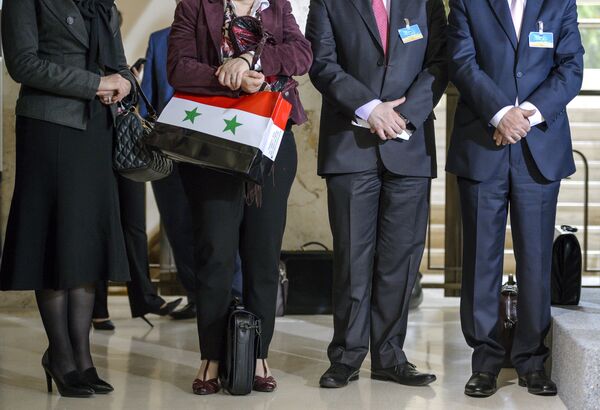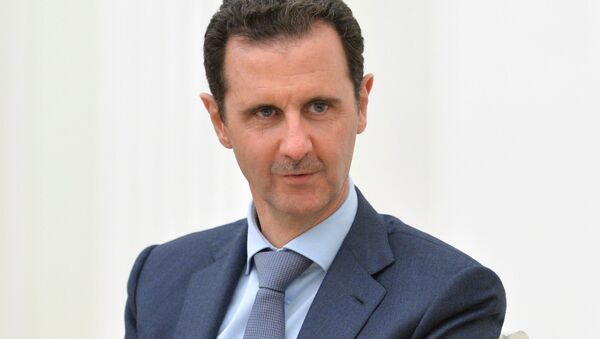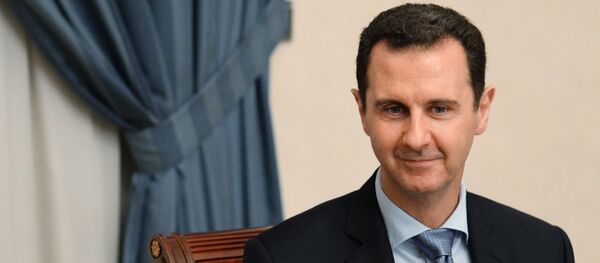Indeed, the Syrian Arab Army has been on a roll for several months, most notably liberating Palmyra on March 27. Since that major battlefield victory, the SAA has focused on securing the larger Damascus area, as well as the provinces of Aleppo, Latakia and Homs. At the same time, Damascus has continued to modernize and reorganize its armed forces.
"Should Damascus-led forces take [the city of] Aleppo under control, all 'useful Syria' will be freed" from Islamic extremists, d'Auzon wrote for Le Huffington Post. Aleppo is the largest city in the country.

The latest developments have provided favorable winds for the government representatives at the Geneva table. Their negotiating position remains strong, while one of the main opposition groups, the Saudi-backed High Negotiations Committee (HNC), "appears weakened," d'Auzon added.
The next round of the Syrian peace talks is expected to be held in May; no specific date has been set yet. But d'Auzon believes that the real negotiations will take place between Moscow and Washington, the two key sponsors of the Syrian peace process.
Bashar al-Assad, according to d'Auzon, is "counting on Obama's pragmatism." The Syrian president is hoping to reach an agreement with the Obama administration, not the next US president. He also hopes that Washington could force Turkey and Saudi Arabia to stop supporting rebels.
Ankara and Riyadh have long provided assistance to radical groups that are fighting to remove al-Assad from power and establish an Islamic caliphate in the Arab country, much to the discontent of the international community.
This process is ongoing. On Tuesday, the Russian Defense Ministry said that al-Nusra Front militants kept arriving to northern Latakia from Turkey.




